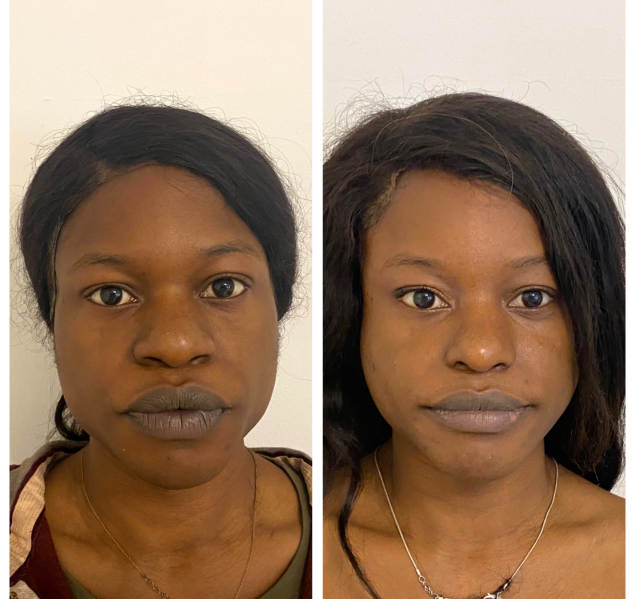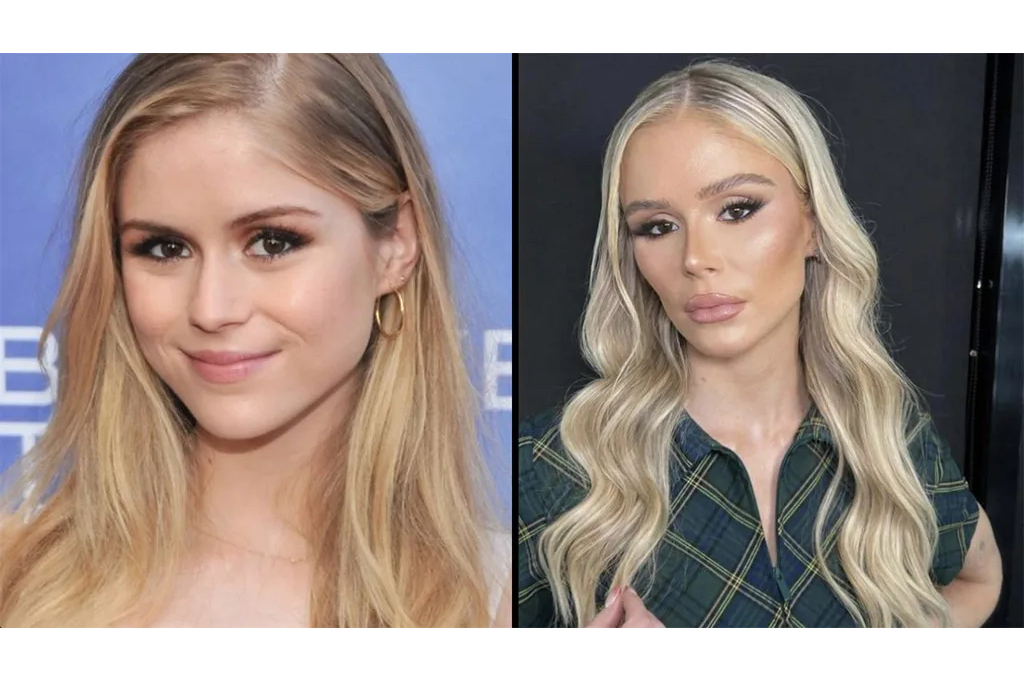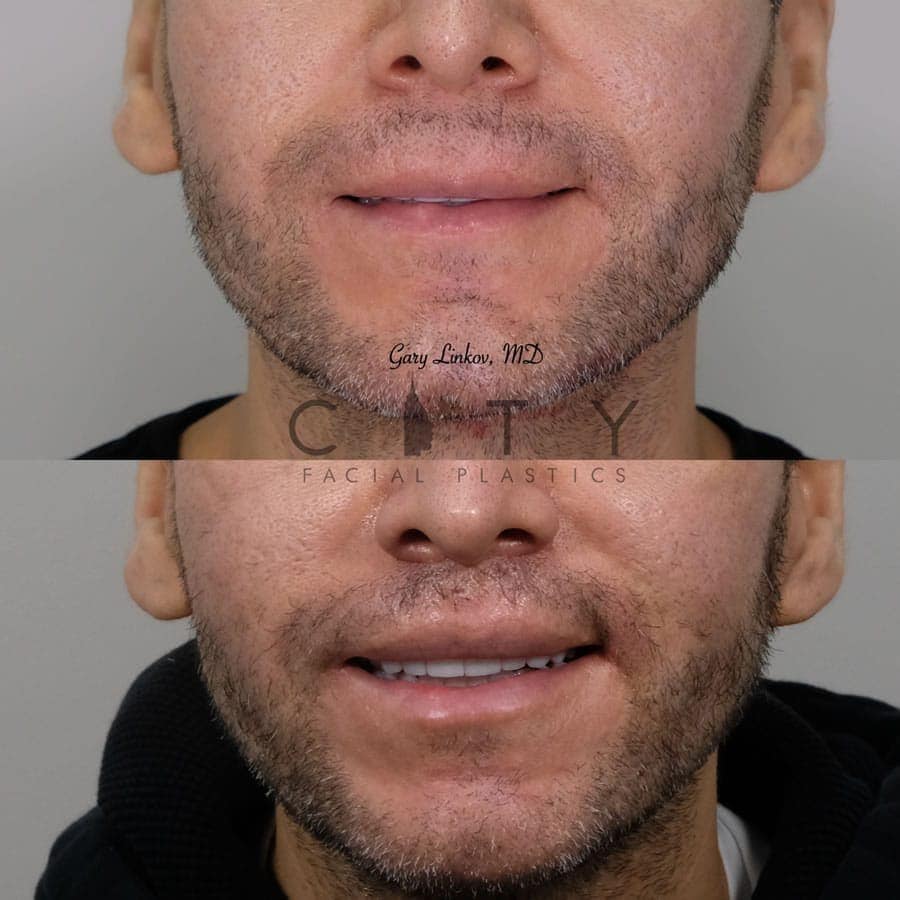Plastic Surgery Rancho Cucamonga: Enhance Your Self-confidence with Customized Aesthetic Therapies
Plastic Surgery Rancho Cucamonga: Enhance Your Self-confidence with Customized Aesthetic Therapies
Blog Article
Investigating the Emotional and Social Variables That Drive Individuals to Think About Plastic Surgery as a way of Renovation
The decision to seek plastic surgery often extends beyond mere appearances, linking with social and mental characteristics that warrant extensive exam. Elements such as self-esteem, prevalent social appeal requirements, and the prevalent influence of social media assemble to form individual inspirations for medical improvement. As these influences become significantly popular, recognizing the underlying cultural and psychological contexts is vital. What remains to be checked out is the profound impact these factors have not just on individuality but likewise on wider social norms and worths surrounding appeal and approval.
The Duty of Self-worth
Self-worth significantly influences an individual's decision to go after cosmetic surgery. Individuals with low self-esteem commonly view themselves in an adverse light, resulting in sensations of insufficiency concerning their physical look. This adverse self-perception can drive them to look for medical interventions as an approach of enhancing their self-image. The need for improvement in one's appearance is frequently linked to a belief that such adjustments will raise their overall self-respect and self-confidence.

Inevitably, the role of self-worth in the decision-making process pertaining to plastic surgery highlights the intricate interplay between body photo, personal fulfillment, and psychological health. Comprehending this partnership is essential for health care specialists to guarantee that individuals are making educated decisions rooted in practical expectations and emotional wellness.
Societal Beauty Standards
Influenced by pervasive media representations and social narratives, societal beauty requirements play a critical role in forming people' understandings of their own bodies. These requirements are often identified by an idealized form of beauty that stresses attributes such as balance, slimness, and youthfulness. As these ideals are perpetuated through different networks, consisting of film, advertising, and television, people regularly internalize these messages, leading to frustration with their natural look.
The ramifications of these societal norms expand beyond aesthetic choices; they can influence self-worth, psychological health, and social relationships. People that perceive themselves as disappointing these criteria may experience feelings of insufficiency, triggering a desire for plastic surgery as a way of attaining social approval. This pursuit is usually fueled by the belief that satisfying these suitables will certainly boost not just physical appearance but likewise social standing and individual fulfillment.

Influence of Social Media
The effect of social beauty standards is more amplified by the rise of social networks systems, where curated pictures and idealized depictions of elegance are ubiquitous. Customers are frequently subjected to filtered and edited photographs, which usually portray unattainable physical characteristics. This direct exposure cultivates a culture of comparison, leading individuals to examine their very own appearance versus these frequently impractical standards.
Social media influencers and stars often promote aesthetic procedures, normalizing the idea that surgical enhancements are a feasible methods for accomplishing societal perfects (plastic surgery rancho cucamonga). The exposure of these improvements can develop an understanding that going through plastic surgery is a basic practice, therefore affecting people to take into consideration similar treatments as a pathway to enhanced self-confidence and social approval
In addition, the interactive nature of social networks enables prompt responses via likes and remarks, better strengthening the need to adapt prominent beauty requirements. Such interactions can worsen sensations of inadequacy and drive people toward cosmetic surgery as a method of gaining validation. Inevitably, social media sites plays a critical function fit understandings of elegance, which considerably influences the decision-making processes surrounding plastic surgery.

Cultural Point Of Views on Appearance
Across different cultures, understandings of look are view deeply rooted in historical, social, and financial contexts, shaping people' views on beauty and value. In numerous cultures, appearance works as a considerable pen of identification, affecting social status, expert possibilities, and individual partnerships. For instance, in some cultures, light skin is usually linked with riches and advantage, while others may glorify darker skin tones as symbols of toughness and credibility.
Additionally, traditional charm criteria are usually perpetuated with social stories, media depictions, and household affects, bring about differing perfects throughout various regions (plastic surgery rancho cucamonga). In Western societies, the focus on young people and physical fitness usually drives individuals toward aesthetic enhancement, while in particular Eastern societies, more refined modifications aligned with typical aesthetic appeals might be preferred
Globalization and the proliferation of digital media have actually additionally made complex these dynamics, producing a hybridization of elegance perfects that transcends geographical borders. As individuals significantly navigate these social narratives, the stress to satisfy details appearance criteria can bring about the desire for plastic surgery, showing an intricate interaction of social worths and individual desires. Comprehending these social perspectives is necessary in attending to the motivations behind plastic surgery considerations.
Emotional Influences of Cosmetic Surgical Treatment
Several individuals looking for plastic surgery report experiencing profound mental influences that can dramatically modify their self-perception and emotional well-being - plastic surgery rancho cucamonga. The need for physical enhancement commonly originates from underlying concerns such as reduced self-esteem, body dysmorphic problem, or social stress pertaining to beauty requirements. For some, the instant post-operative stage can cause a short-lived increase in self-esteem and satisfaction with their appearance, fostering a sense of empowerment
However, these favorable feelings may not be sustaining. Study shows that while some clients experience improved self-confidence, others may encounter intense stress and anxiety or anxiety blog if their expectations are not fulfilled. This inconsistency can emerge from impractical suitables bolstered by media representation and social stories surrounding beauty.
Moreover, the psychological implications of plastic surgery prolong beyond the individual. Relationships with family members and buddies might be stressed as social characteristics shift, bring about sensations of isolation or alienation. Ultimately, the mental influences of plastic surgery are intricate and multifaceted, calling for mindful factor to consider by both prospective people and doctor to guarantee enlightened decision-making and reasonable expectations.
Verdict
In conclusion, the decision to go after cosmetic surgery is substantially influenced by a combination of self-worth issues, social beauty requirements, and social perspectives on look. The prevalent reach of social media further aggravates these pressures, advertising unrealistic ideals that people frequently make every effort to achieve. Comprehending these social and emotional variables is crucial for attending to the inspirations behind cosmetic surgical treatment, highlighting the requirement for an extra nuanced discussion bordering elegance and self-acceptance in modern culture.
The choice to pursue cosmetic surgical important site treatment often extends past simple looks, linking with social and mental characteristics that merit complete exam. Inevitably, social media plays an essential function in shaping perceptions of charm, which significantly affects the decision-making procedures surrounding cosmetic surgery.
As people increasingly browse these social narratives, the stress to adjust to specific look standards can lead to the desire for cosmetic surgical treatment, mirroring an intricate interplay of cultural values and personal goals.In conclusion, the choice to seek cosmetic surgical treatment is significantly affected by a combination of self-worth issues, social beauty standards, and cultural point of views on appearance. Comprehending these social and psychological factors is necessary for attending to the motivations behind cosmetic surgery, highlighting the requirement for an extra nuanced conversation surrounding charm and self-acceptance in modern culture.
Report this page